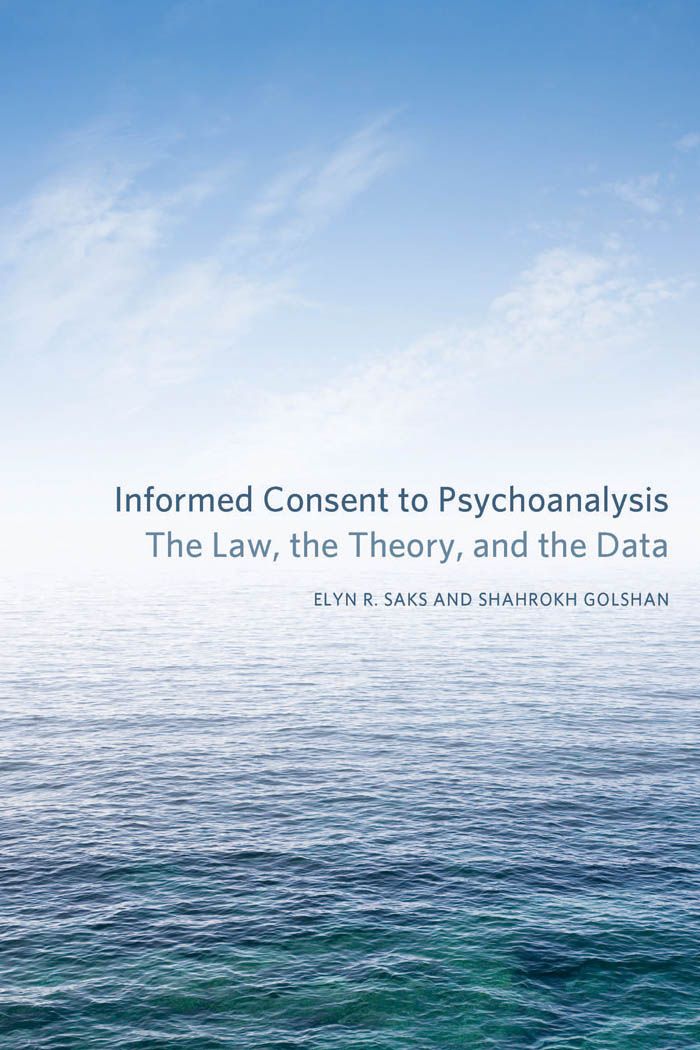Informed Consent to Psychoanalysis
The Law, the Theory, and the Data

This book can be opened with

The goal of this book is to shed psychoanalytic light on a concept—informed consent—that has transformed the delivery of health care in the United States.
Examining the concept of informed consent in the context of psychoanalysis, the book first summarizes the law and literature on this topic. Is informed consent required as a matter of positive law? Apart from statutes and cases, what do the professional organizations say about this?
Second, the book looks at informed consent as a theoretical matter. It addresses such questions as: What would be the elements of a robust informed consent in psychoanalysis? Is informed consent even possible here? Can patients really understand, say, transference or regression before they experience them, and is it too late once they have? Is informed consent therapeutic or countertherapeutic? Can a “process view” of informed consent make sense here?
Third, the book reviews data on the topic. A lengthy questionnaire answered by sixty-two analysts reveals their practices in this regard. Do they obtain a statement of informed consent from their patients? What do they disclose? Why do they disclose it? Do they think it is possible to obtain informed consent in psychoanalysis at all? Do they think the practice is therapeutic or countertherapeutic, and in what ways? Do they think there should or should not be an informed consent requirement for psychoanalysis?
The book should appeal above all to therapists interested in the ethical dimensions of their practice.
Professors Elyn Saks and Shahrokh Golshan have given us a fascinating and eye-opening account of the legal, theoretical, and empirical dimensions of informed consent to psychoanalysis.
An important and well-designed study. Saks and Golshan have described a new, uncharted field of inquiry: how standards of 'informed consent' might bear on -- and matter within -- psychoanalytic treatment. Their book intelligently frames a variety of new practical questions.
Elyn R. Saks (Author)
Elyn Saks is Orrin B. Evans Professor of Law, Psychology, and Psychiatry and the Behavioral Sciences at the University of Southern California Gould School of Law; Adjunct Professor of Psychiatry at the University of California, San Diego, School of Medicine; on the faculty of the New Center for Psychoanalysis; and Director of the Saks Institute for Mental Health Law, Policy, and Ethics. She is author of The Center Cannot Hold: My Journey Through Madness (Hyperion 2007) and a MacArthur Fellow.
Shahrokh Golshan (Author)
Shahrokh Golshan is a Project Scientist in the University of California, San Diego, Department of Psychiatry and Director of the Methodology, Biostatistics and Data Management Unit for the Advanced Center for Innovation in Services and
Intervention Research.

